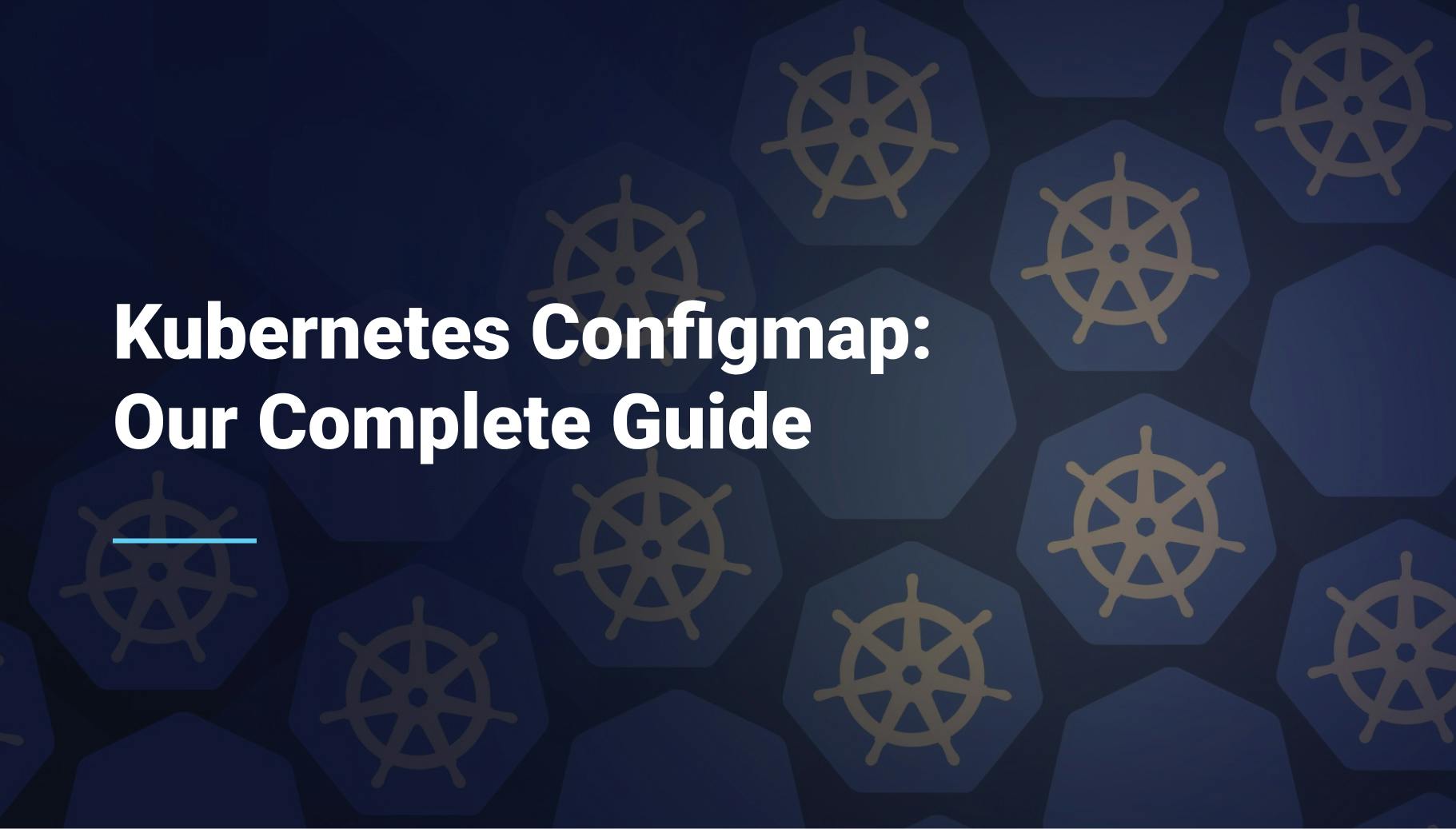Kubernetes vs Docker: What are the Differences?
In recent years, the tech world has witnessed a remarkable evolution in the way applications are developed, deployed, and managed, largely thanks to two groundbreaking technologies: Docker and Kubernetes. Containerization, spearheaded by Docker, is a method of packaging an application along with its dependencies in a virtual container so that the deployed application is executed without any inconsistency in different environments. On the other hand, Kubernetes emerges as a robust system for orchestrating the same containers packaged through docker. It automates the deployment, scaling, and management of containerized applications, ensuring their optimal performance and reliability.
Despite the distinct nature of both technologies, it is easy to confuse one with the other. This is exactly what this article is going to focus on. We will look into the core concepts, architecture, use cases, and scalability of both Kubernetes and Docker, offering a comprehensive comparison to help readers understand their unique advantages, limitations, and use cases.

Morgan Perry
October 1, 2023 · 5 min read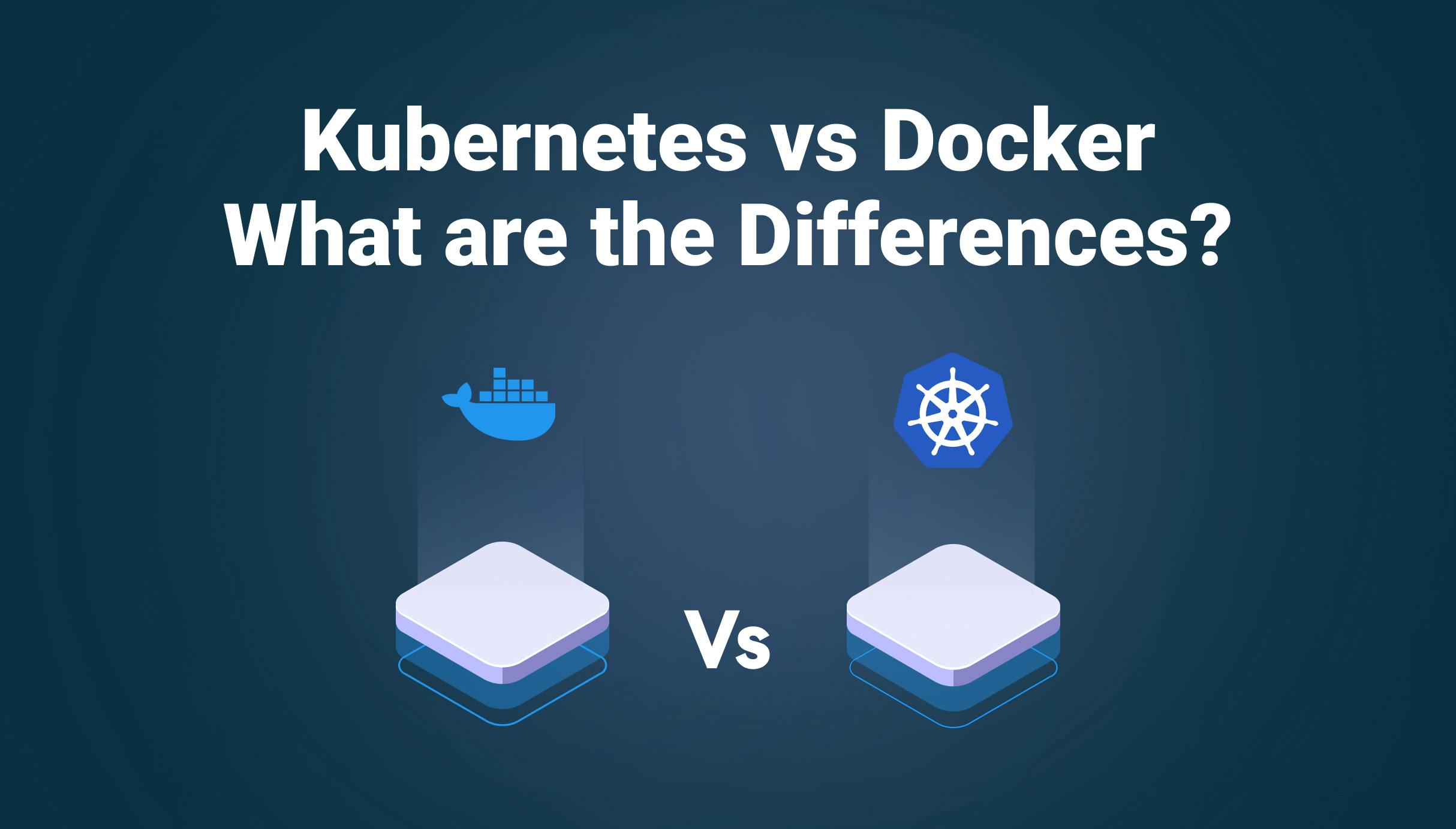
Let’s start with the core concepts of both technologies.
#Core Concepts and Architecture
#Understanding Kubernetes and Docker basic concepts
Kubernetes:
- An orchestration system for automating the deployment, scaling, and management of containerized applications.
- Manages clusters of hosts running containers.
- Focuses on the health of applications, scaling them up or down, and rolling out new updates.
Docker:
- A platform for developing, shipping, and running applications in containers.
- Containers package an application and its dependencies in a virtual container that can run on any Linux server.
- Solves the problem that “It works on my machine but not yours.”
#Comparison of Kubernetes and Docker Architectures
Kubernetes (Master slave architecture):
- Control Plane (Master Node): Manages the state of the cluster, orchestrating container deployment, scaling, and networking. Components include the API Server, Scheduler, Controller Manager, etcd (a key-value store).
- Worker Nodes: Run the actual applications in containers. They include components like Kubelet (communicates with the master), Container Runtime (runs the containers), and kube-proxy (handles networking).
Docker (Client-server architecture):
- Docker Daemon: The server-side component that creates, runs, and manages Docker containers. It handles the lifecycle of containers.
- Docker Client: Provides the primary user interface. Users interact with Docker through the client, using commands like docker run or docker build.
- Docker Compose: A tool for defining and running multi-container Docker applications. It uses a YAML file to configure the application’s services, networks, and volumes.
#How these differences influence their use in various environments.
Kubernetes:
- Best for managing complex, large-scale applications.
- Ideal for persistent storage and stateful applications.
- Well-suited for environments with continuous integration and delivery.
Docker:
- Preferable for simpler, smaller-scale applications and development.
- Easier setup for individual or fewer containers.
- Optimal for rapid deployment and testing scenarios.
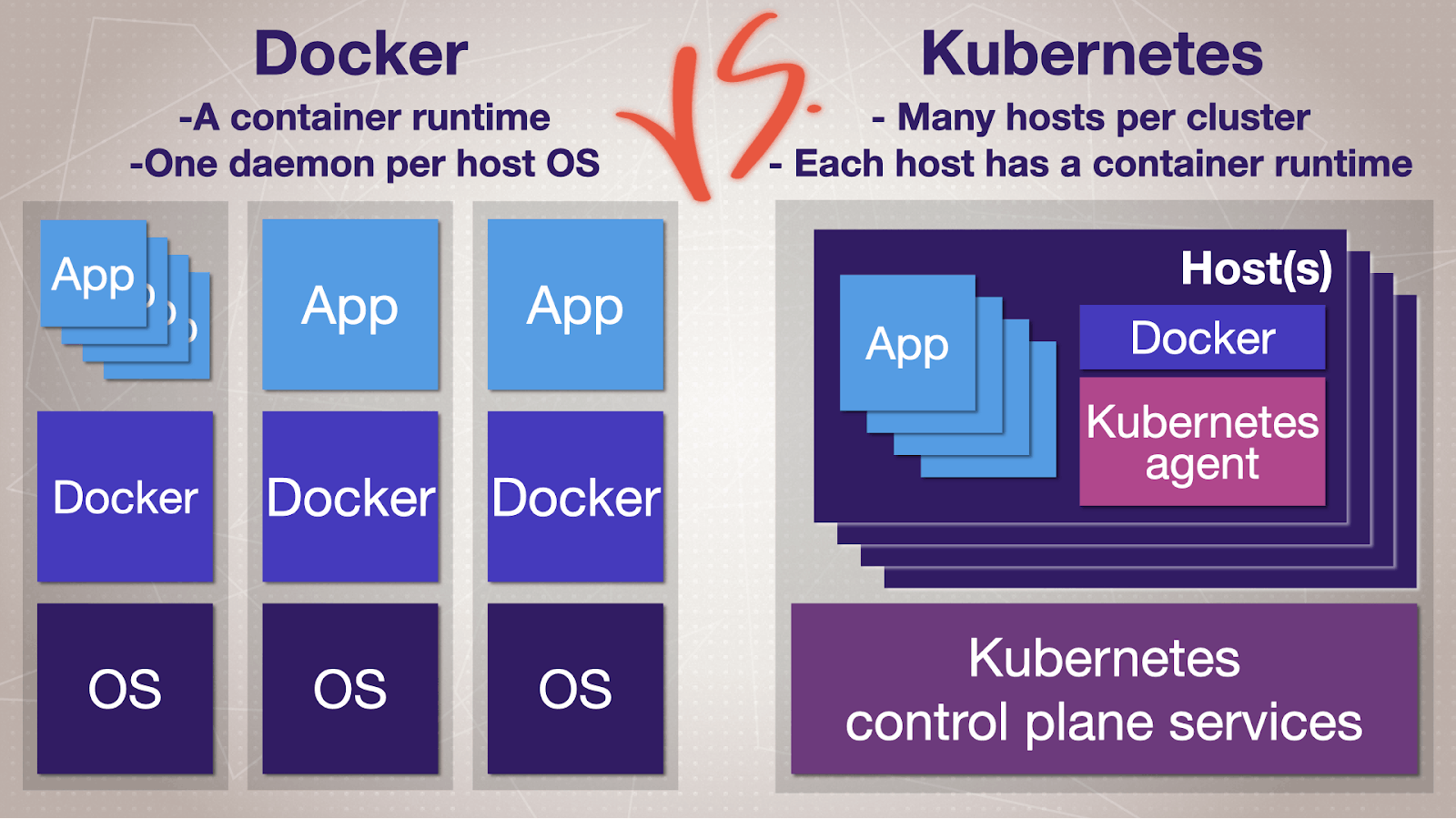
#Use Cases and Applicability
#Scenarios where Kubernetes or Docker is preferred
- Docker: Ideal for simple applications or microservices due to its lightweight containerization technology. Perfect for development environments where rapid deployment and iteration of containers are needed.
- Kubernetes: Preferred for complex, large-scale applications requiring high availability, scalability, and orchestration. Best suited for production environments where managing multiple containers across different machines is crucial.
#Real-World Application Examples
- Docker: Small startups or individual developers often use Docker for rapid development and testing of applications. E-commerce sites use Docker for isolated environments for each microservice.
- Kubernetes: Large enterprises like Google, Amazon, and Microsoft use Kubernetes to manage their extensive cloud services. Financial institutions use Kubernetes for its reliability and scalability in handling millions of transactions.
#Advantages and disadvantages in specific use cases
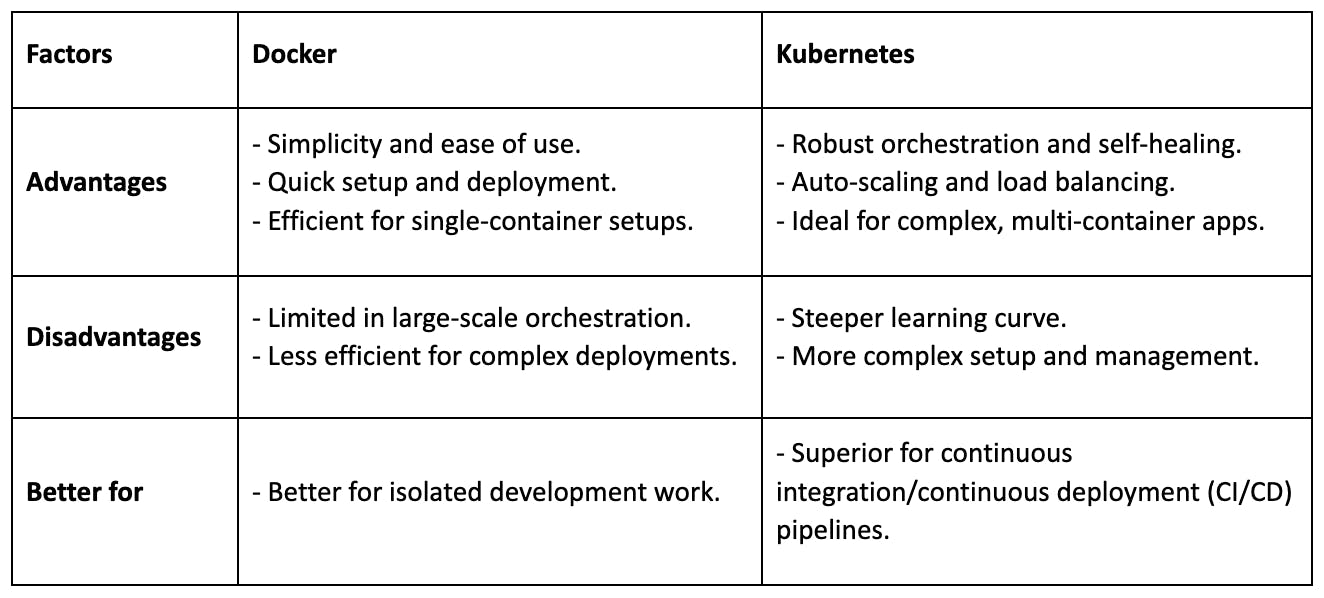
#Integration and Compatibility
#More detailed examination of how Kubernetes and Docker work together
- Docker is a containerization platform that encapsulates an application and its dependencies into a container. Kubernetes, on the other hand, is a container orchestration system.
- In a typical setup, Docker containers are deployed and managed across a cluster of machines using Kubernetes.
- Kubernetes schedules and balances the containers created by Docker or another container runtime.
#Discussion on recent updates regarding their interoperability
- Kubernetes has been evolving to support a range of container runtimes. While it initially depended heavily on Docker, Kubernetes now uses the Container Runtime Interface (CRI) to support different container runtimes.
- Recent updates have seen Kubernetes move away from Docker as its underlying runtime in favor of runtimes like containers or CRI-O, which are more lightweight and purpose-built for Kubernetes. However, it still supports Docker-made containers.
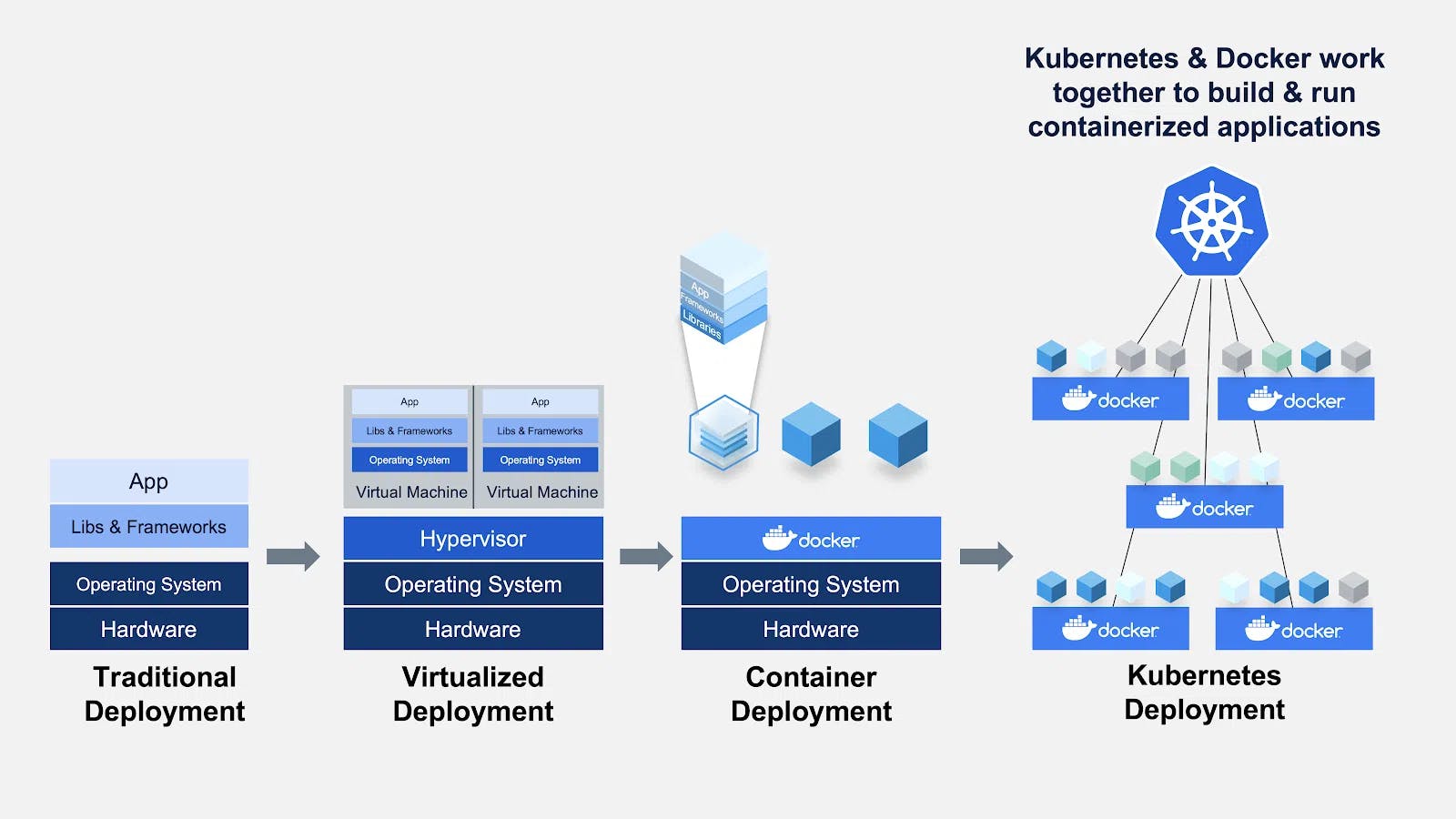
#Scalability and Performance
#Detailed comparison of scalability options in Kubernetes and Docker
Docker:
- Docker Swarm facilitates easy setup, ideal for smaller-scale applications and quick deployments.
- Supports manual scaling, allowing you to increase or decrease container instances.
- Good for organizations starting their journey in container orchestration due to its simplicity.
Kubernetes:
- Superior in handling dynamic scaling of applications, capable of managing clusters with thousands of nodes.
- Features like horizontal pod autoscaling allow for the automatic adjustment of resources based on traffic and workload demands.
- Cluster Autoscaler can add or remove nodes from the cluster based on necessity, optimizing resource usage.
#Analysis of performance aspects based on the latest benchmarks and studies
Docker:
- Docker Swarm is known for its lightweight nature and lower resource overhead, making it faster for straightforward tasks.
- Efficient in smaller setups but can face challenges in handling very large and complex deployments.
- Optimal choice for applications where simplicity and speed are more critical than complex orchestration.
Kubernetes:
- Though slightly more resource-heavy, Kubernetes offers robust management and maintenance capabilities for complex applications.
- It's optimized for high availability and can effectively manage the load balancing and networking of large-scale applications.
- Recent studies and benchmarks indicate Kubernetes is more adept at handling large numbers of containers and high-traffic scenarios.
#Challenges and Limitations
#Docker Challenges
- Complexity in Scaling: While Docker excels in containerization, scaling these containers for large applications can be complex.
- Networking Concerns: Setting up networking between containers, especially in large deployments, requires additional configuration and management.
- Persistent Data Storage: Docker's ephemeral nature means additional strategies are needed for persistent storage, which can be a challenge.
#Kubernetes Challenges
- Steep Learning Curve: Kubernetes is powerful but complex, requiring significant time and effort to learn and manage effectively.
- Resource Intensive: It demands substantial system resources, which can be a challenge for smaller organizations.
- Upgrading Issues: Updating Kubernetes without downtime can be tricky, especially in large-scale environments.
#Docker Limitations
- Not inherently designed for orchestration. When applications grow, managing multiple containers with Docker alone becomes inefficient.
#Kubernetes Limitations
- Overhead for smaller projects. For simple or small-scale applications, Kubernetes can be overkill, leading to unnecessary complexity.
#Industry examples regarding limitations
- Docker in Small Startups: Startups often begin with Docker but switch to Kubernetes as they scale due to Docker's limitations in handling numerous containers.
- Kubernetes in Financial Services: Large financial firms use Kubernetes for its scalability and robustness but often encounter challenges in maintaining and upgrading their clusters.
#Conclusion
In this article, we compared Docker and Kubernetes in detail. Docker is great for small projects and easy to use. It helps package apps so they work the same everywhere. Kubernetes, however, is better for big, complex projects. It can manage lots of containers, scale them, and fix problems automatically.
Docker is good when you have simple apps or need to move fast in development. Kubernetes is best for large apps and production environments where you need to control many containers.
Both have their challenges. Docker isn't as good for big projects, and Kubernetes can be complex and needs more resources. In short, choose Docker for small, easy projects and Kubernetes for big, complex ones. Your choice depends on your project size and needs.
Your Favorite Internal Developer Platform
Qovery is an Internal Developer Platform Helping 50.000+ Developers and Platform Engineers To Ship Faster.
Try it out now!

Your Favorite Internal Developer Platform
Qovery is an Internal Developer Platform Helping 50.000+ Developers and Platform Engineers To Ship Faster.
Try it out now!
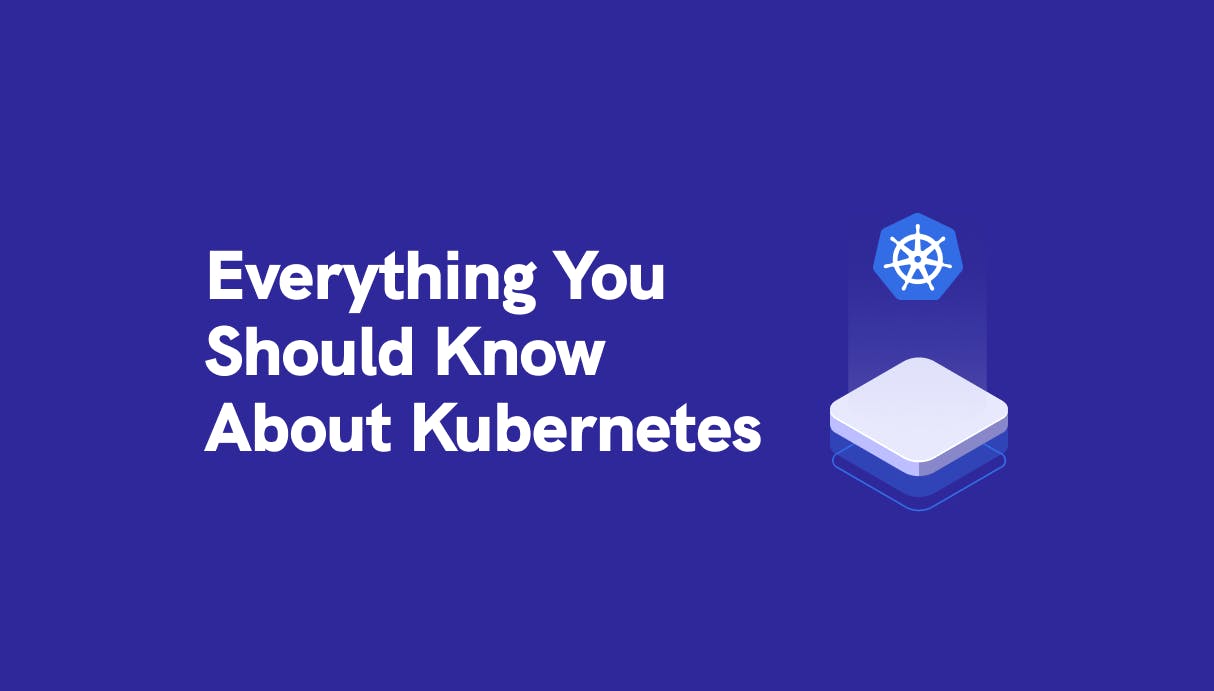
.jpg?ixlib=gatsbyFP&auto=compress%2Cformat&fit=max)
